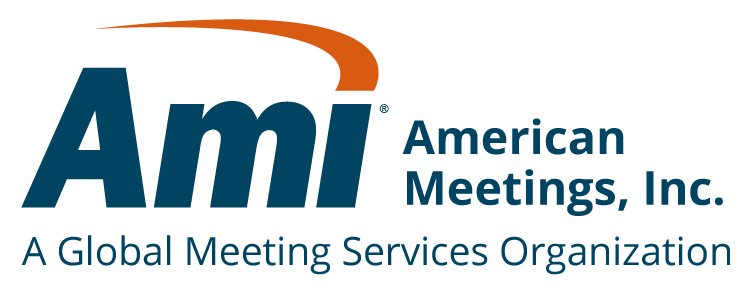
Congress Support
Full-Service Congress Execution. Global Reach.
AMI becomes an extension of your team, coordinating congress logistics, vendor management, registration, and HCP engagement. We embed compliance in every step—from meal caps to TOV reporting—so your brand stays protected while maximizing HCP touchpoints.





